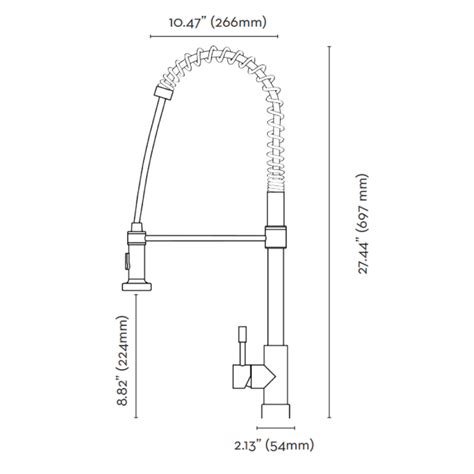“Biting into Bitcoin: The Unraveling of Blockchain Hype”
As the cryptocurrency landscape continues to evolve, the lines between legitimate exchanges, reputable platforms, and scams are becoming increasingly blurred. One area where this confusion is particularly evident is in the realm of customer onboarding processes.
The concept of
Know Your Customer (KYC) has long been a cornerstone of secure online transactions. However, as with any major undertaking, its implementation can be complicated by the proliferation of new players vying for market share. Two key areas where KYC has been put to the test are the
Faucet and the
Decentralized Exchange (DEX).
For those unfamiliar, a
faucet

is an online platform designed specifically to provide users with a means of acquiring cryptocurrency without incurring traditional transaction costs. This can be particularly appealing for individuals looking to dip their toes into the world of Bitcoin or other altcoins. However, the lack of robust KYC protocols on Faucets has raised eyebrows among regulators and investors alike.
In contrast,
DEXs are decentralized platforms that allow users to trade a wide range of cryptocurrencies without the need for intermediaries like exchanges. While DEXs have gained significant traction in recent years, their adoption has often been marred by concerns about liquidity and trust. However, some DEX platforms have implemented more comprehensive KYC protocols as part of an effort to establish trust with users.
One notable example is
Uniswap, a popular DEX that has integrated a robust KYC system for its users. To use Uniswap, users must provide identification documents such as passports, driver’s licenses, or national ID cards in order to verify their identity and comply with regulatory requirements.
The integration of KYC protocols across Faucets and DEXs is an ongoing effort by regulators and market operators alike. As the cryptocurrency landscape continues to evolve, it remains to be seen whether these efforts will ultimately lead to a more secure and transparent online transaction ecosystem.
In the meantime, users are left to navigate a complex web of policies and procedures when seeking to use Faucets or DEXs to acquire cryptocurrency. With regulatory bodies like the Commodity Futures Trading Commission (CFTC) increasingly scrutinizing these platforms for compliance with anti-money laundering (AML) regulations, it’s clear that the lines between legitimate exchange and scam will continue to blur.
As the cryptocurrency space continues to grow in popularity, it’s essential for users to remain vigilant and informed about the regulatory landscape. By doing so, they can avoid potential pitfalls and ensure a smoother experience when navigating these complex online transactions.